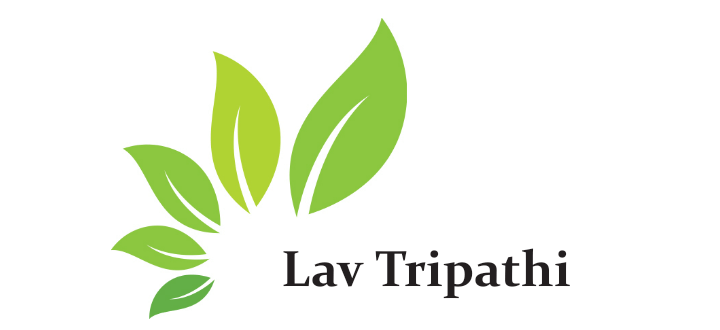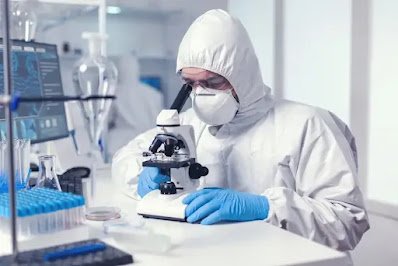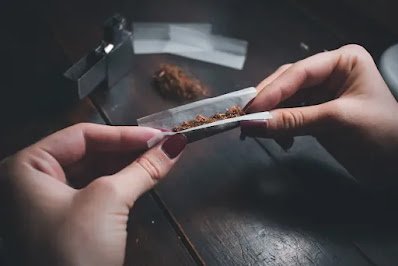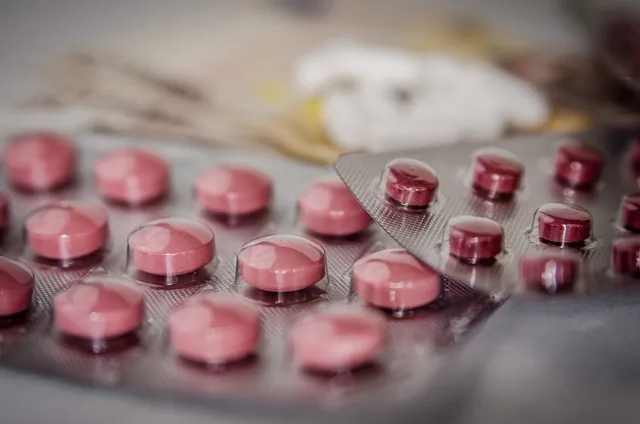Kidney disease is a condition in which the kidneys lose their ability to filter waste and excess fluids from the blood.
This can lead to a build-up of toxins in the body, which can cause serious health problems.
One of the best ways to manage kidney disease is to maintain a healthy diet that is low in certain nutrients and minerals that can put extra stress on the kidneys.
In this article, we will discuss the foods that should be avoided if you have kidney disease.
High-sodium foods
Sodium is a mineral that is essential for many bodily functions, but consuming too much can be harmful to people with kidney disease.
High sodium levels can lead to high blood pressure, which can damage the kidneys.
High-sodium foods include processed foods like canned soups, frozen dinners, and snacks like chips and pretzels.
Foods high in potassium
Potassium is a mineral that helps regulate blood pressure and maintain proper heart function.
However, for people with kidney disease, high levels of potassium can be dangerous because the kidneys are unable to filter it properly.
Foods that are high in potassium include bananas, oranges, potatoes, spinach, and avocados.
Foods high in phosphorus
Phosphorus is a mineral that is important for healthy bones and teeth, but too much can be harmful to people with kidney disease.
When the kidneys are not functioning properly, phosphorus levels can build up in the blood, which can lead to bone problems and other complications.
Foods that are high in phosphorus include dairy products, nuts, and whole grains.
High-protein foods
Protein is an essential nutrient that is important for building and repairing tissues, but for people with kidney disease, too much protein can be harmful.
When the body breaks down protein, it produces waste products that the kidneys must filter out of the blood. Consuming too much protein can put extra stress on the kidneys and cause further damage.
Foods that are high in protein include meat, poultry, fish, eggs, and dairy products.
Foods high in sugar
High-sugar foods can be harmful to people with kidney disease because they can cause spikes in blood sugar levels.
This can lead to complications such as nerve damage, eye damage, and kidney damage.
Foods that are high in sugar include candy, cakes, pastries, and sugary drinks.
Processed and fast foods
Processed and fast foods are often high in sodium, phosphorus, and other minerals that can be harmful to people with kidney disease.
In addition, they are often high in calories and unhealthy fats, which can contribute to obesity and other health problems.
Alcohol
Alcohol can be harmful to people with kidney disease because it can cause dehydration and put extra stress on the kidneys.
In addition, alcohol can interact with medications that are commonly used to treat kidney disease, which can lead to serious health problems.
Dairy products
Dairy products like milk, cheese, and yogurt are a good source of calcium and protein, but they can be harmful to people with kidney disease.
These foods are high in phosphorus and can contribute to high levels of this mineral in the blood.
High levels of phosphorus can lead to bone disease and other complications.
People with kidney disease should limit or avoid dairy products, or choose low-phosphorus alternatives.
Some low-phosphorus dairy products include cream cheese, sour cream, and butter.
However, it’s important to talk to your doctor or a registered dietitian before making any significant changes to your diet.
Certain fruits and vegetables
Fruits and vegetables are an important part of a healthy diet, but some are high in potassium and should be limited if you have kidney disease.
Potassium is a mineral that helps regulate fluid balance and muscle function.
However, people with kidney disease may have difficulty excreting potassium, which can lead to high levels in the blood.
Fruits that are high in potassium include bananas, oranges, cantaloupe, honeydew, kiwis, prunes, and raisins.
Vegetables that are high in potassium include potatoes, sweet potatoes, tomatoes, spinach, and avocados.
It’s important to talk to your doctor or a registered dietitian to determine how much potassium you should consume.
Foods high in oxalate
Foods high in oxalate should be limited or avoided in kidney disease because they can contribute to the formation of kidney stones.
Oxalate are compounds found in many foods, including spinach, rhubarb, beets, nuts, and chocolate.
When oxalates bind with calcium in the urine, they can form crystals that can grow into kidney stones.
People with kidney disease are at a higher risk of developing kidney stones because their kidneys may not be able to excrete excess oxalates and calcium efficiently.
Limiting or avoiding foods high in oxalates can help reduce the risk of kidney stone formation and promote kidney health.
It’s important to note that not all foods high in oxalates need to be avoided completely.
In fact, many of these foods are also nutrient-dense and can provide important vitamins and minerals.
Instead, people with kidney disease should work with a healthcare professional or registered dietitian to determine which foods to limit and in what amounts.
They may also recommend certain medications or supplements to help prevent the formation of kidney stones.
Conclusion
In summary, people with kidney disease should avoid foods that are high in sodium, potassium, phosphorus, protein, and sugar.
They should also limit their intake of processed and fast foods, as well as alcohol.
Following a healthy diet can help people with kidney disease manage their condition and maintain their overall health.
If you have kidney disease, it is important to talk to your doctor or a registered dietitian to develop a personalized diet plan that meets your specific nutritional needs.
👇👇👇
What are the Main Causes of Dysuria in Males and Females

.webp)



